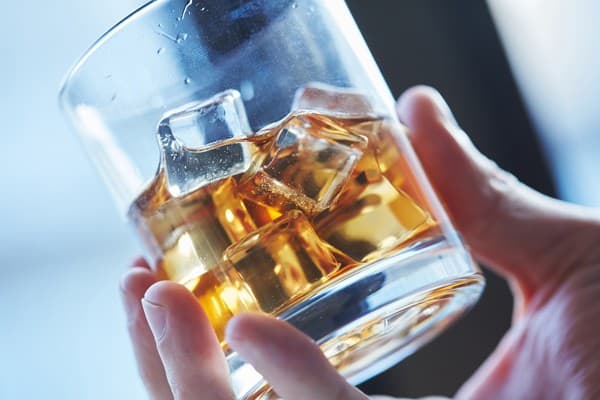From AA to AfA: What Works?
by Tom Horvath, Ph.D., ABPP

“Rarely have we seen a person fail who has thoroughly followed our path. Those who do not recover are people who cannot or will not completely give themselves to this simple program.”
– AA’s Big Book, Chap 5, “How It Works,” opening lines
Is AA effective? It is my understanding that, at present, the studies that would be required to answer that question have not been conducted. If they were conducted, I suspect AA would be found helpful for some individuals (which is the most powerful statement you can make about any approach to recovery).
The recent arguments in the media about AA’s effectiveness (Glaser, Singal; and many prior) are important but a secondary issue in the day-to-day work of encouraging addiction recovery, which is about finding what works for a specific individual. It is important that the public know that AA is not the only way to recover. I am deeply grateful to Gabrielle Glaser, Lance Dodes, Stanton Peele and many others over the years for strongly pointing out this fact.
They have often been viciously attacked for stating what any person with common sense knows: With humans as diverse as we are, one size does not fit all, especially with, as in AA’s case, an approach that involves actions that a significant number of people are unlikely to make (e.g., “we admitted we were powerless,” “made a decision to turn our lives and our will over to the care of God”).
If AA is effective only for some, what else might work? One alternative is Antabuse, a medication that physicians have been prescribing for over 50 years. For those unfamiliar with , it is a prescription medication that blocks the enzyme involved in metabolizing alcohol, creating very unpleasant (and possibly fatal) side effects, including headaches, vomiting, severe nausea, difficulty breathing, and severe low blood pressure, if alcohol is consumed while taking it. Consequently, someone taking Antabuse is quite unlikely to drink! However, if everyone who had drinking problems took Antabuse responsibly, it would eliminate the great majority of drinking problems overnight.
Any treatment (or activity) that is strong enough to be helpful is probably also strong enough to harm you. Taken irresponsibly Antabuse can be harmful. If forced upon someone, AA can also be harmful. Insisting on any recovery plan that the individual does not accept is also an irresponsible act.
Assuming complete adherence to the plan, those who take 500 mg of Antabuse every day will on average have a far better outcome than those who attend AA every day. However, whether you ultimately choose to take a pill, attend a meeting or do something else, the key to overcoming an addiction is your motivation to change and your engagement in the recovery process you establish for yourself (perhaps with guidance from others).
Antabuse and AA can both be effective approaches if you are motivated and actually use them. There are also many other “simple programs” of recovery, some not nearly as well known as AA. You could overcome addiction by:
- Changing your thoughts and beliefs
- Getting in touch with your deeper motivations
- Rewarding yourself for alternative behaviors
- Improving your communication and your relationships
- Developing an aversive response to alcohol
- Using other medications (at least six others might be helpful)
- Attending other mutual help groups (such as SMART Recovery, Moderation Management, LifeRing, Women for Sobriety or HAMS)
- Focusing on exercise and/or nutrition
- Meditating or practicing mindfulness or yoga
- Engaging in one of a wide range of spiritual processes
- Using some other approach
If you don’t know where to start, check out the links page at SMART Recovery.
Additionally, Practical Recovery has been providing addiction treatment solutions for more than 30 years. If you would like to explore your options with a trained addiction specialist, send us a message. It’s confidential and only takes a minute.
Success in addiction recovery is a lot like success in anything: The greatest virtue is persistence. If one approach doesn’t help, keep looking until you find one that does. There are as many roads to recovery as there are individuals.
